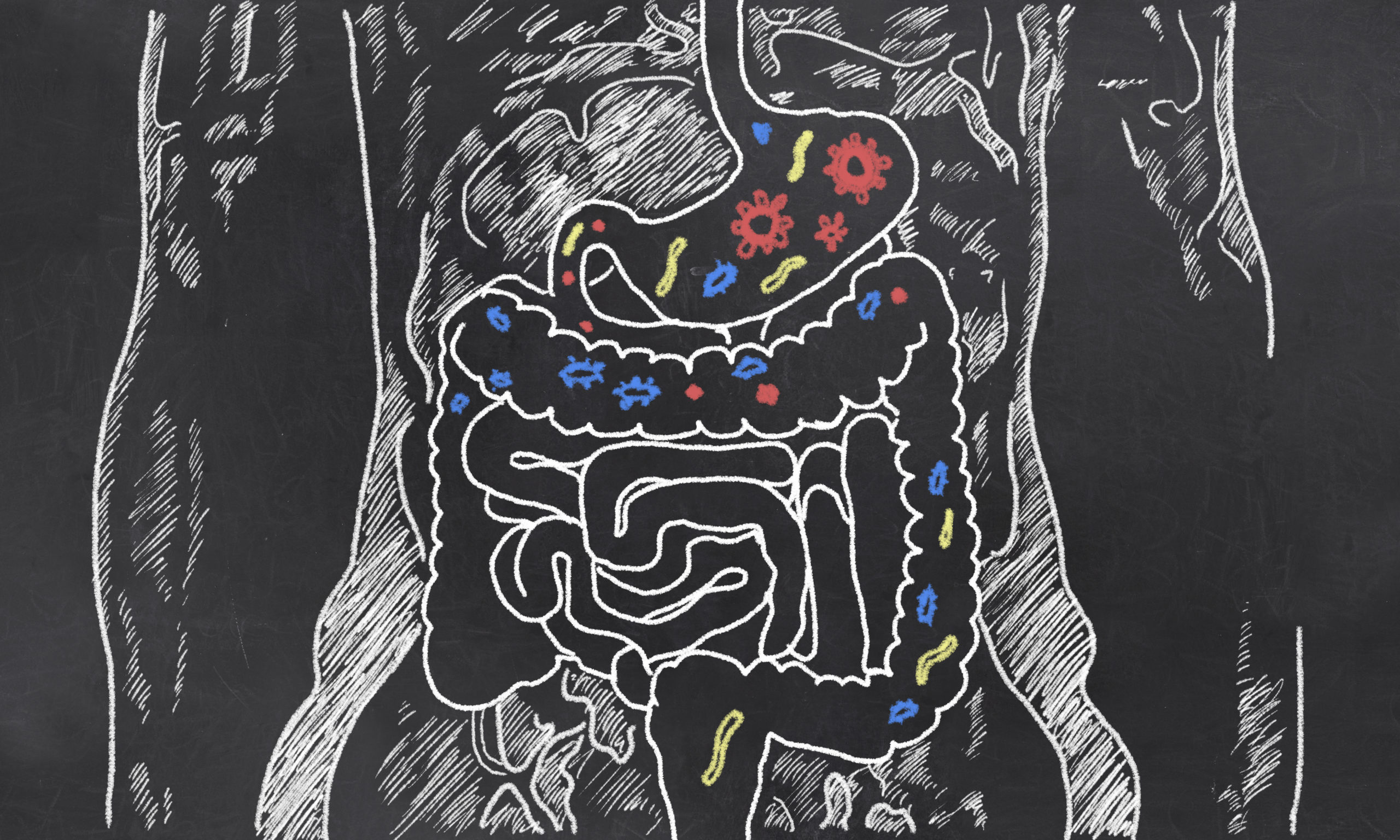Understanding and supporting gut health has become a top priority for millions of people around the world. Yet for all the research and the countless supplements and food products on shelves specifically targeting the gut, a British survey shows 36 percent of people are unaware of the gut’s importance to overall wellbeing.
What’s more, two in five people don’t know the role diet plays in gut health. And despite fiber supporting good gut health, only 7 percent know how much they should be eating.
“While there’s a lot we don’t know about the gut, we do know there are trillions of bacteria living in it (our gut microbiota). Changes to the microbiota are associated with multiple health concerns, including heart disease, liver disease and diabetes,” says Dr. Joshua Wolrich, a doctor in the U.K. and registered associate nutritionist, who is working with California Almonds, which commissioned the research. “Food is its main fuel, so a balanced diet is critical and fiber is crucial to supporting healthy gut activity. Research has found that eating almonds, a high fiber food, may improve the gut microbiome by increasing its diversity, while decreasing relative levels of potentially harmful bacteria.”
The study of 2,000 British adults also finds that half are unaware of the common symptoms of an unhappy stomach. Nearly three in four people (72 percent) fail to recognize disturbed sleep as a sign there could be something more serious that’s wrong. Another 22 percent have struggled to perform at work when they were having a digestive issue, and a quarter claim that GI issues make them not to want to socialize as often as before.
But the study carried, out via OnePoll, shows that having a healthy diet (60 percent), sufficient water intake (54 percent) and quality sleep (43 percent) are among some of the positive ways to improve gut health.
Of course, a healthy gut helps ensure a healthy brain. And a healthy brain makes for smarter decision-making habits. That’s important considering that 70 percent of respondents always trust their “gut instinct” when it comes to making decisions. In fact, 35 percent say they have a tangible “gut feeling” in their bellies when it comes to such situations.
Nearly one in five (17 percent) turn to the feeling in their gut to tell them if something’s wrong when it comes to their health. And 21 percent think their gut will influence their dreams if it’s trying to tell them something.
Here are some additional tips from Dr. Wolrich that can help lead to a healthier gut.
Fill up on fiber
Fiber is essential for the normal functioning of the gut, but according to government data, only 8 percent of adults in the U.K. actually hit the recommended 30g a day target. Why not try swapping your regular snack for a 30g handful of almonds or use them to top yogurt, salads or curries to add an extra fiber boost?
Spice up your life
The more variety in your diet, the more variety in nutrients for your gut microbes. Research has shown people who ate more than 30 different plant foods each week had a more diverse gut microbiome than those who ate 10 or fewer.
A successful sleep
The gut microbiome is influenced by circadian rhythms so not only does your gut impact your sleep quality, but poor sleep can also impact your gut microbiota. Sticking to a regular sleep routine can help with your circadian rhythm and avoid any disruptions to your gut.
Hydrate to feel great
Staying hydrated benefits your whole body but it also plays a role in your gut health by aiding digestion; water helps break down food in your body so nutrients can be absorbed.
